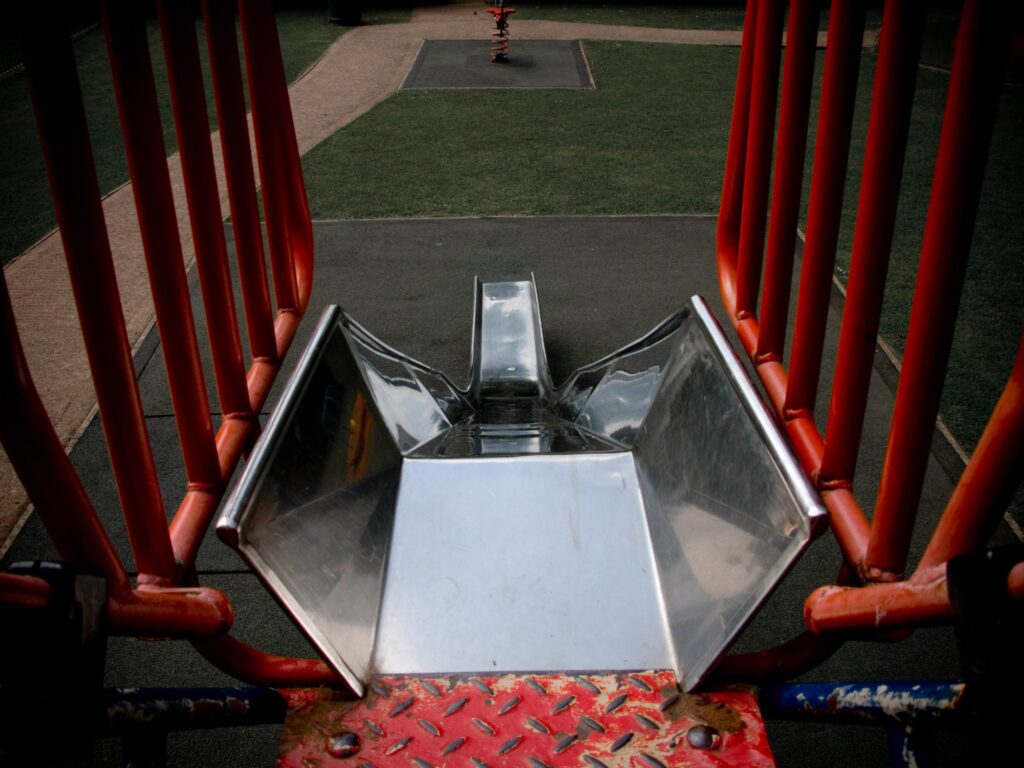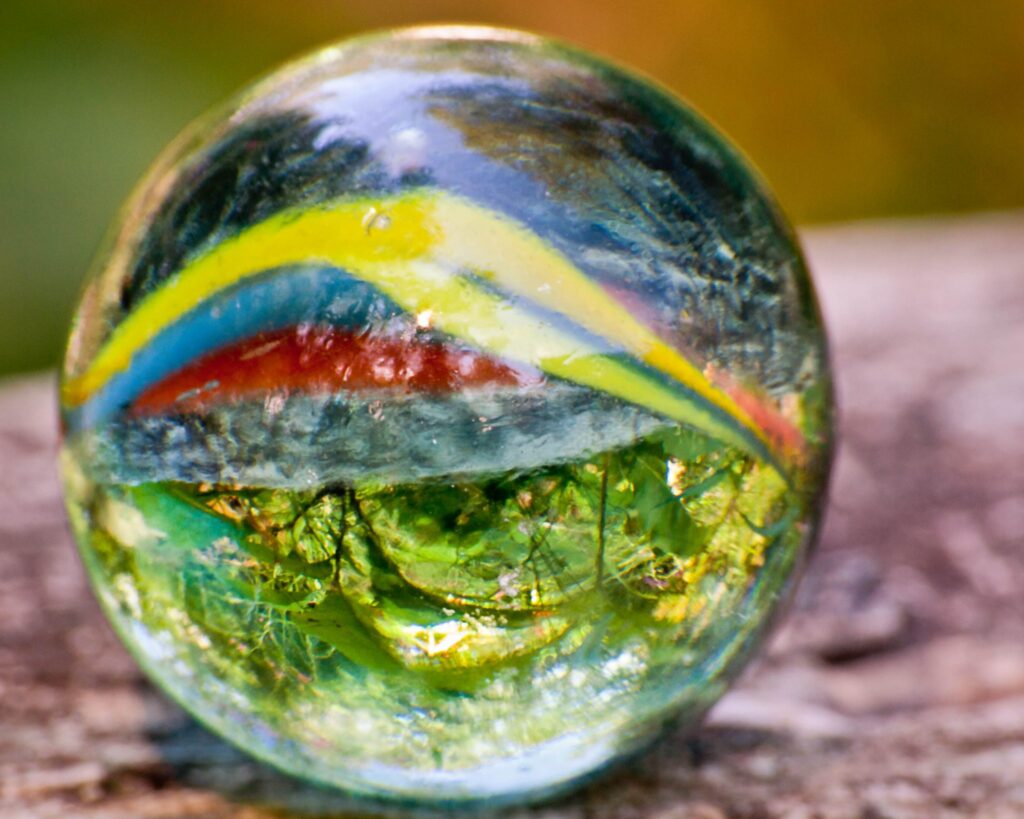Who let the kids out?
Me: Do you see those kids out there playing in the dirt? They don’t even care if they have to pick the weeds to prepare the garden. They just like the dirt!
Him: I remember being little and playing in the dirt all the time.
Me: Did you ever play marbles?
Him: YEAH! I loved shooting those marbles across the dirt. My boulder was AMAZING!
Me: Maybe that’s what I should do with that extra piece of garden space. Make a place to play marbles. The kids could trace their own circle in the dirt and shoot marbles.
Him: I might be able to find my bag of marbles somewhere.
Me: Isn’t there a line from the movie “Hook” about finding marbles?
We both laughed as we watched outside our window a group of children pulling weeds from a garden. It was good to imagine us playing outside.
Think about it.. .what are your most memorable moments as a child? I would love to take a survey! It would most likely show the majority of favorite memories have to do with the outdoors, a picnic, a swing, a slide, the ocean, the sand and so forth.
.what are your most memorable moments as a child? I would love to take a survey! It would most likely show the majority of favorite memories have to do with the outdoors, a picnic, a swing, a slide, the ocean, the sand and so forth.
Connie Matthiessen’s article, Children and nature: Who let the kids out?, on the positive link between children’s development and nature should not be a surprise to most of us. It is not the restorative power of nature that produces a positive effect in children, but it is parents understanding the importance of allowing children time to discover, communicate, wonder and solve problems. The fundamentals of learning through the senses can be found in nature. I can distinctly remember the sound of water trickling in a brook, the feel of moss growing on a stone, the taste of ripened raspberries, the look of a bumblebee, heavy with pollen, as it flew from one flower to another, and the smell of approaching rain. This is all in my mind’s eye because of spending time outdoors. As stewards of this earth, we have been given such a gift! I cannot help but praise the Creator as I encounter all His works in nature.
It does not surprise me that “a growing body of research supports anecdotal evidence of nature’s therapeutic effects.” Nature was made for us to care for and enjoy. Our children should not be fearful of nature but respect every aspect of it – yes, even snakes! It means adults need to become more aware of their surroundings so they can model for children the right attitude towards nature. It means the next time a storm warning goes across your television don’t scream with fear! Explain to your child what it means and how to prepare for it. When a snake is in your garage, what are you going to do about it? Remember, the goal is to make your children aware of their surroundings and prepared to face whatever challenge comes their way.
Here at ICS, our children begin exploring the  outdoors with play and the garden space in our courtyard. They care for worms and develop a love for insects that are helpful to the garden, while making sure to inspect for insects that may be dangerous to plants. Learning to be good stewards means learning to be aware of the good and the bad. Before our children graduate from ICS, they participate in a Wilderness Retreat where they learn deeper lessons about life and stewardship. We want them to leave with knowledge and understanding of God and His creation. I am thankful for the increased awareness of the importance of children’s health (physical, emotional, and spiritual). It is safe to say that “nature deficit disorder” would not be a condition associated with ICS. Metaphorically speaking, my prayer is for the fuel that is pushing the train out of its station will continue to produce energy to keep it going! It takes parents willing to put aside those DVDs, iPads, cell phones, and even toys to go outside with marbles, get down in the dirt and draw a circle.
outdoors with play and the garden space in our courtyard. They care for worms and develop a love for insects that are helpful to the garden, while making sure to inspect for insects that may be dangerous to plants. Learning to be good stewards means learning to be aware of the good and the bad. Before our children graduate from ICS, they participate in a Wilderness Retreat where they learn deeper lessons about life and stewardship. We want them to leave with knowledge and understanding of God and His creation. I am thankful for the increased awareness of the importance of children’s health (physical, emotional, and spiritual). It is safe to say that “nature deficit disorder” would not be a condition associated with ICS. Metaphorically speaking, my prayer is for the fuel that is pushing the train out of its station will continue to produce energy to keep it going! It takes parents willing to put aside those DVDs, iPads, cell phones, and even toys to go outside with marbles, get down in the dirt and draw a circle.
This p ost was written by Eleane McCoy, Immanuel Christian School’s Primary Team Leader and advocate of playing in the dirt.
ost was written by Eleane McCoy, Immanuel Christian School’s Primary Team Leader and advocate of playing in the dirt.